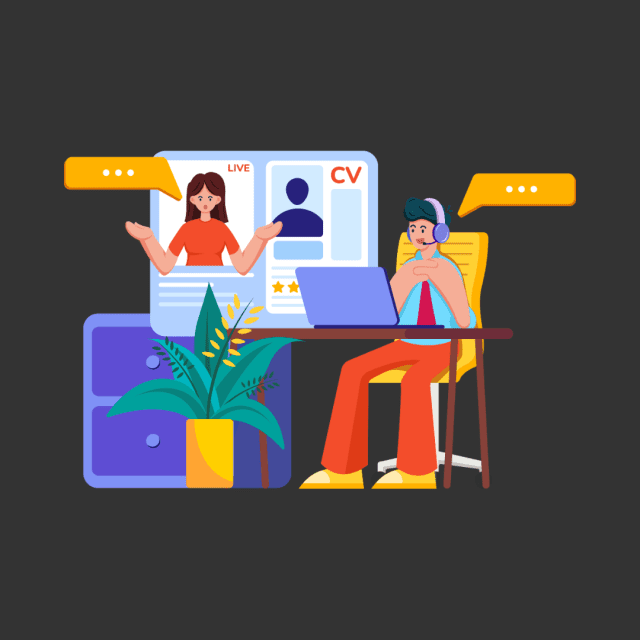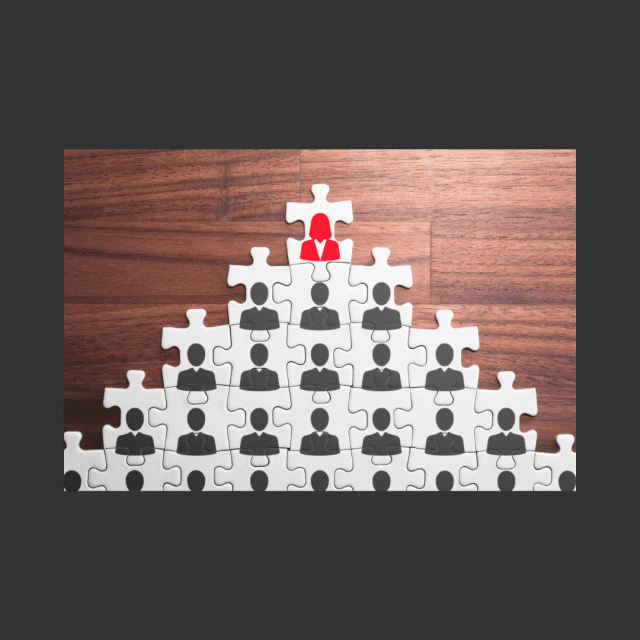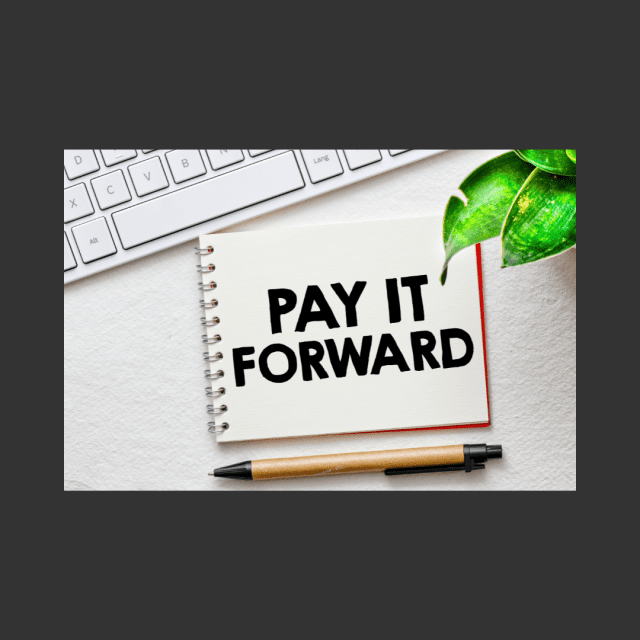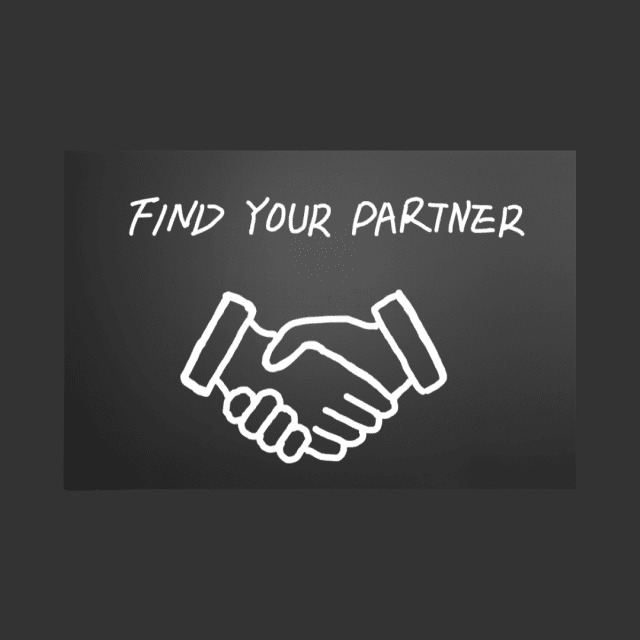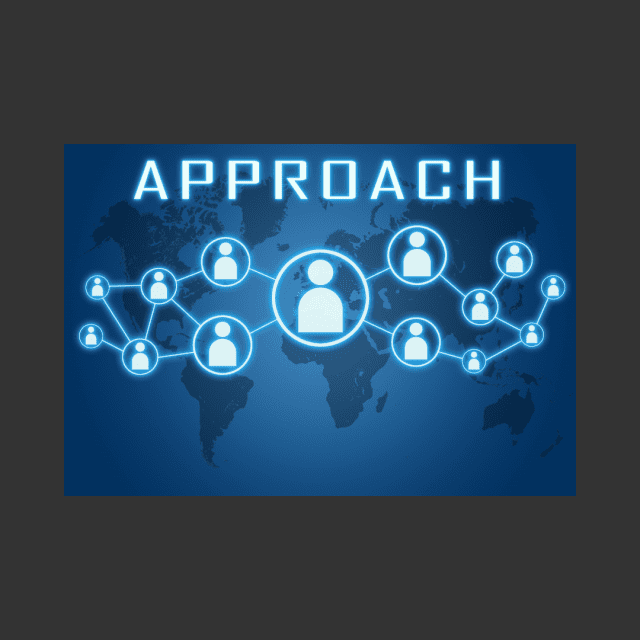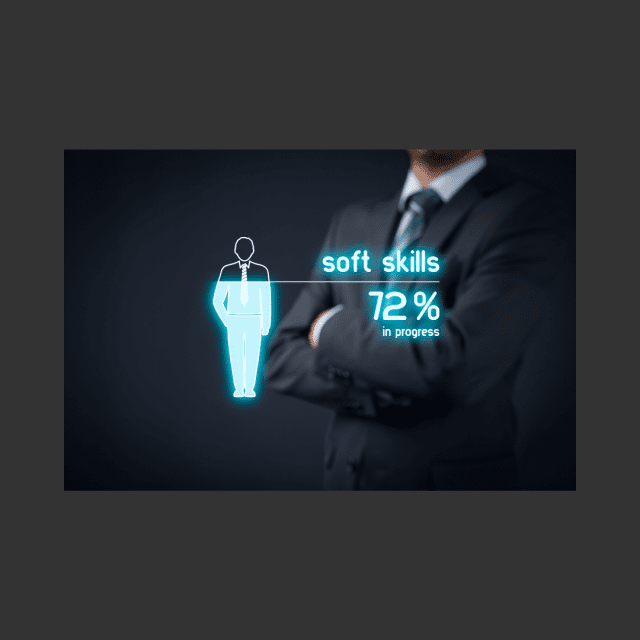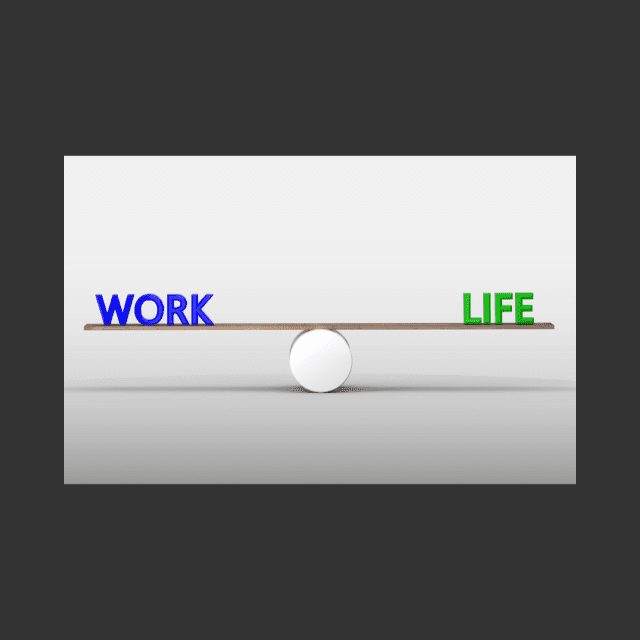Ace Your Interview: How a Scout Can Help You Land the Job
Interviews are often the most nerve-wracking part of the job search process. They require you to present your skills, experience, and personality in a way that leaves a lasting impression on potential employers. Preparing for interviews can be challenging, especially when trying to anticipate questions, convey your strengths, and manage stress. This is where a scout—your personal career guide—can make a significant difference.
Here’s how a scout can help you ace interviews and improve your chances of landing the job:
1. Tailored Interview Preparation
A scout provides personalized interview preparation based on your target role and industry. They help you anticipate the types of questions you’ll face, based on your resume and the company’s expectations. Instead of relying on generic advice, your scout helps you craft responses that highlight your strengths, experiences, and how you’re the right fit for the role.
Example: If you’re interviewing for a management position, your scout might help you practice answering behavioral questions that demonstrate your leadership experience, such as “Tell me about a time when you led a team through a challenge.”
2. Building Confidence Through Mock Interviews
Mock interviews are one of the most effective ways to prepare. A scout can conduct mock interviews with you, simulating the real experience. They’ll offer feedback on your answers, body language, tone, and overall presentation. This allows you to fine-tune your performance, identify areas for improvement, and build confidence before the actual interview.
Example: During a mock interview, your scout might point out nervous habits like fidgeting or using filler words, helping you practice calm, confident communication.
3. Crafting Compelling Stories
Many interview questions require you to tell stories about your past experiences. Whether it’s highlighting how you handled a challenging situation or describing a success you’re proud of, storytelling is key. A scout helps you refine these stories, ensuring they’re concise, relevant, and focused on demonstrating your value to the employer.
Example: If you’re asked, “Describe a time you faced a conflict at work and how you resolved it,” your scout will help you structure your answer using the STAR (Situation, Task, Action, Result) method, making your response clear and impactful.
4. Personalized Feedback on Strengths and Weaknesses
One of the most common interview questions is about your strengths and weaknesses. A scout helps you answer this question thoughtfully, without falling into common traps. They guide you in framing your strengths in a way that aligns with the job and helps you present weaknesses as areas of growth without being too self-critical.
Example: Your scout might suggest highlighting a weakness like “public speaking,” but framing it as something you’ve been actively working on by taking courses or seeking opportunities to present.
5. Managing Nerves and Interview Anxiety
Interviews can be stressful, and it’s easy to let nerves get in the way of your performance. A scout helps you develop strategies to manage interview anxiety. They might recommend breathing techniques, visualization exercises, or mindset shifts to help you stay calm, focused, and positive during the interview.
Example: Before a big interview, your scout might guide you through relaxation exercises or visualization techniques to mentally prepare and reduce anxiety.
6. Researching the Company and Role
Preparation is key to acing an interview. A scout helps you conduct thorough research on the company, its culture, the job role, and industry trends. This ensures that you’re not only prepared to answer questions but can also ask insightful questions of your own, showing your interest and engagement with the company.
Example: Your scout might guide you to research the company’s latest product launches or challenges, preparing you to ask, “How is the company planning to stay ahead in the rapidly evolving tech market?”
7. Polishing Your Communication Skills
Clear, concise communication is essential during an interview. A scout helps you polish your communication skills by offering feedback on how you articulate your thoughts, structure your answers, and engage with the interviewer. They also help you practice listening actively and asking thoughtful follow-up questions.
Example: If you tend to ramble during answers, your scout might help you practice delivering more focused and to-the-point responses to keep the interviewer engaged.
8. Addressing Salary Negotiation Questions
Salary expectations can be a tricky part of the interview process. A scout helps you approach these discussions with confidence by guiding you on how to research industry salary ranges, articulate your value, and negotiate effectively without underselling yourself.
Example: If asked about salary expectations, your scout might guide you in framing your response, such as, “Based on my research and the value I can bring to this role, I believe a fair range would be $X to $Y. However, I’m open to discussing this further.”
Conclusion
A scout can be your secret weapon for interview success. By offering tailored preparation, mock interviews, storytelling techniques, and strategies to manage nerves, your scout ensures that you walk into your interview feeling prepared and confident. With a scout by your side, you’ll not only improve your interview skills but also significantly increase your chances of landing your dream job.
















